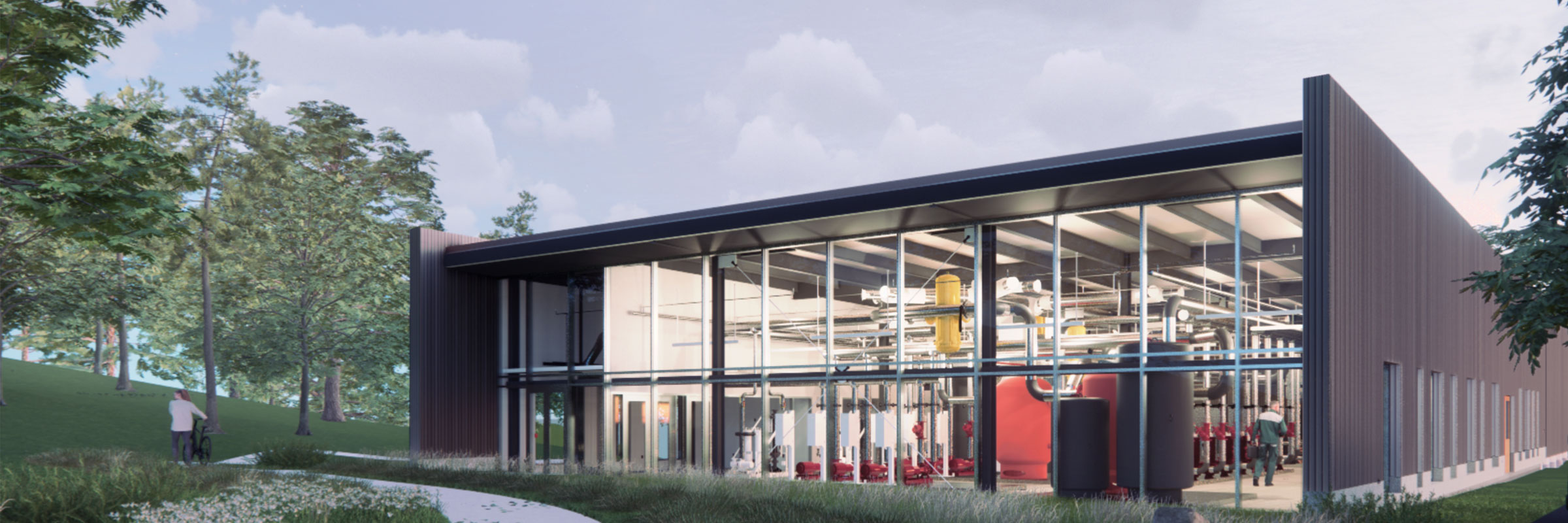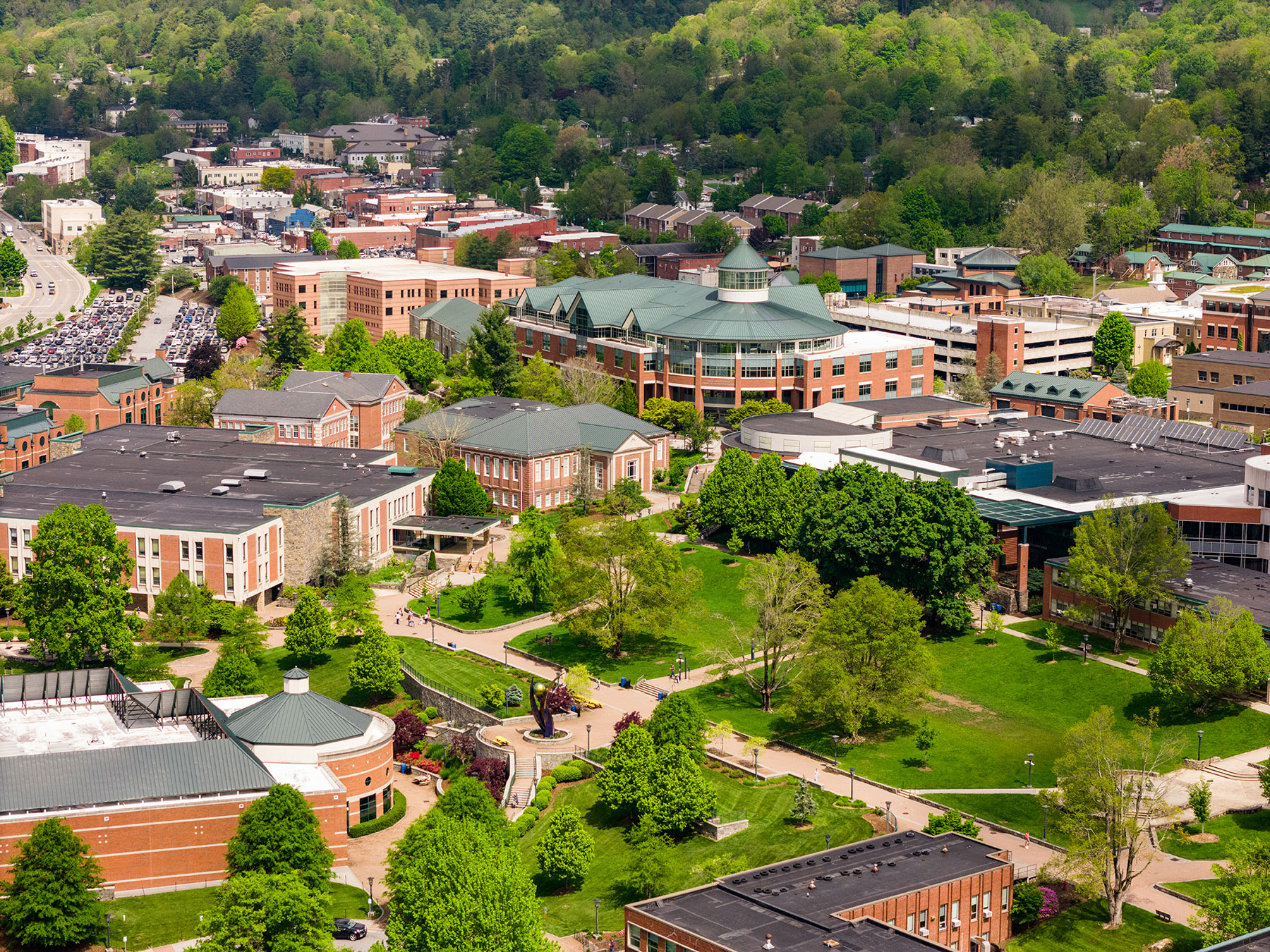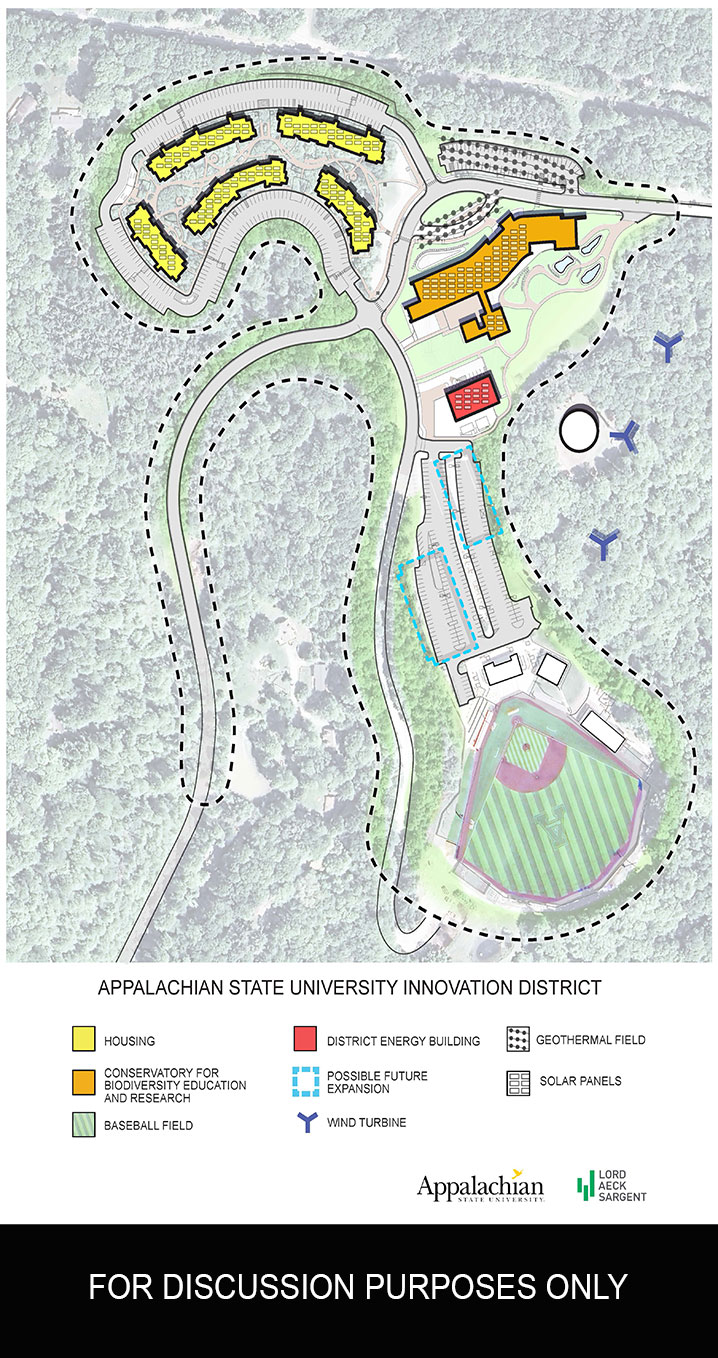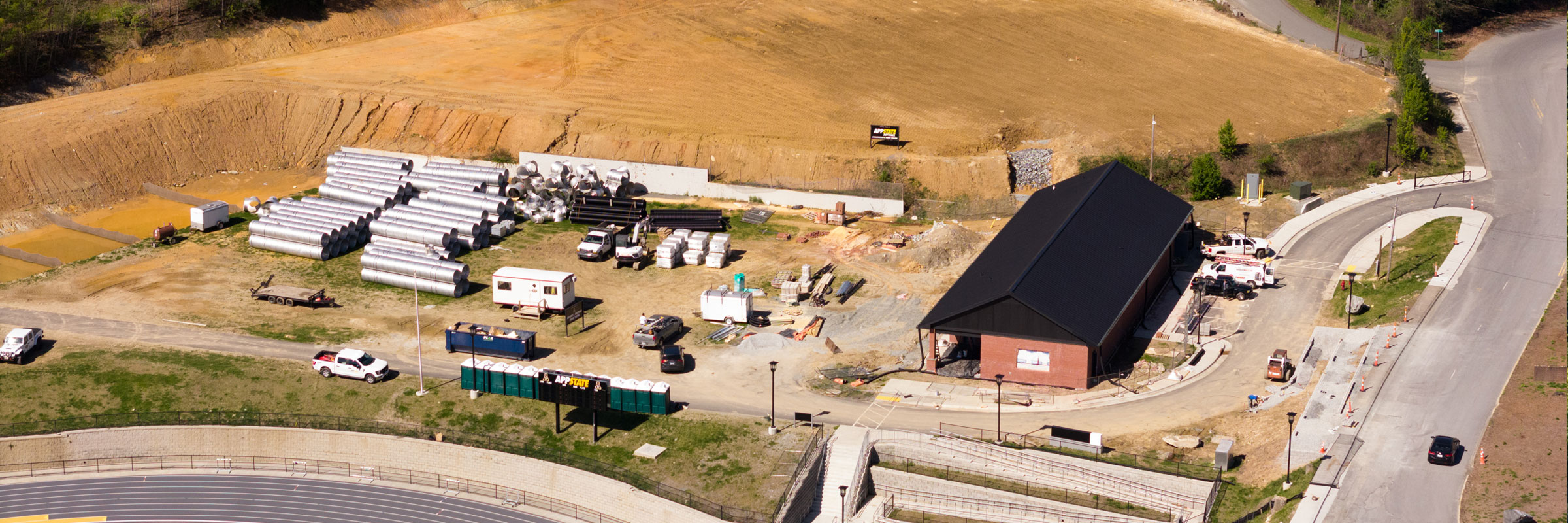An artist’s rendering of the control building for the App State Innovation District’s zero-carbon energy system. The building’s glass facade will allow Innovation District visitors to view the system’s geothermal heat pump chillers. The building will also feature an immersion room, with displays that highlight the system’s wind and solar energy production. Click on the rendering for a full view. Graphic courtesy of Lord Aeck Sargent
The Innovation District’s zero-carbon energy system is one of several major projects underway at Appalachian State University to enhance the App State Experience.
The project supports App State’s strategic priorities, as well as and the university’s goals and metrics associated with the University of North Carolina System’s strategic plan. It will benefit faculty, staff and students, academics, and the local and regional community.
About
App State’s Innovation District will be powered by a zero-carbon district energy system that will begin to transition the university’s Boone campus away from steam power. App State has a long-established reputation as a leader in the renewable energy space, and the university is exploring renewable energy options that will establish a national example for sustainable energy solutions.
This system will generate and distribute renewable energy to support all planned facilities located in the district, including the Conservatory for Biodiversity Education and Research and faculty and staff housing, which are under construction as part of the project’s first development phase.
Expected to be operational in 2025, the energy system is being designed as a flexible, modular system that can accommodate new energy technologies as the district grows. Initially, the system will comprise the following components:
- Two wind turbines that will contribute a combined 1.2 megawatts of wind power.
- Rooftop solar photovoltaic (PV) panels capable of generating 120 kilowatts of power.
- A geothermal heating and cooling system consisting of 90 geothermal wells, geothermal heat pump chillers and wastewater heat recovery tanks.
- A central plant for managing the distribution of heating, cooling and electricity within the district.
App State’s Innovation District initiative will bring together expertise across disciplines and facilitate collaborations on campus and with the communities throughout the region, extending the university’s mission of teaching, research and service, preparing the workforce of today and building the workforce of tomorrow. The project is expected to have a lasting and powerful impact on the entire region, broadening economic development opportunities across Northwestern North Carolina. Learn more about App State’s Innovation District project.
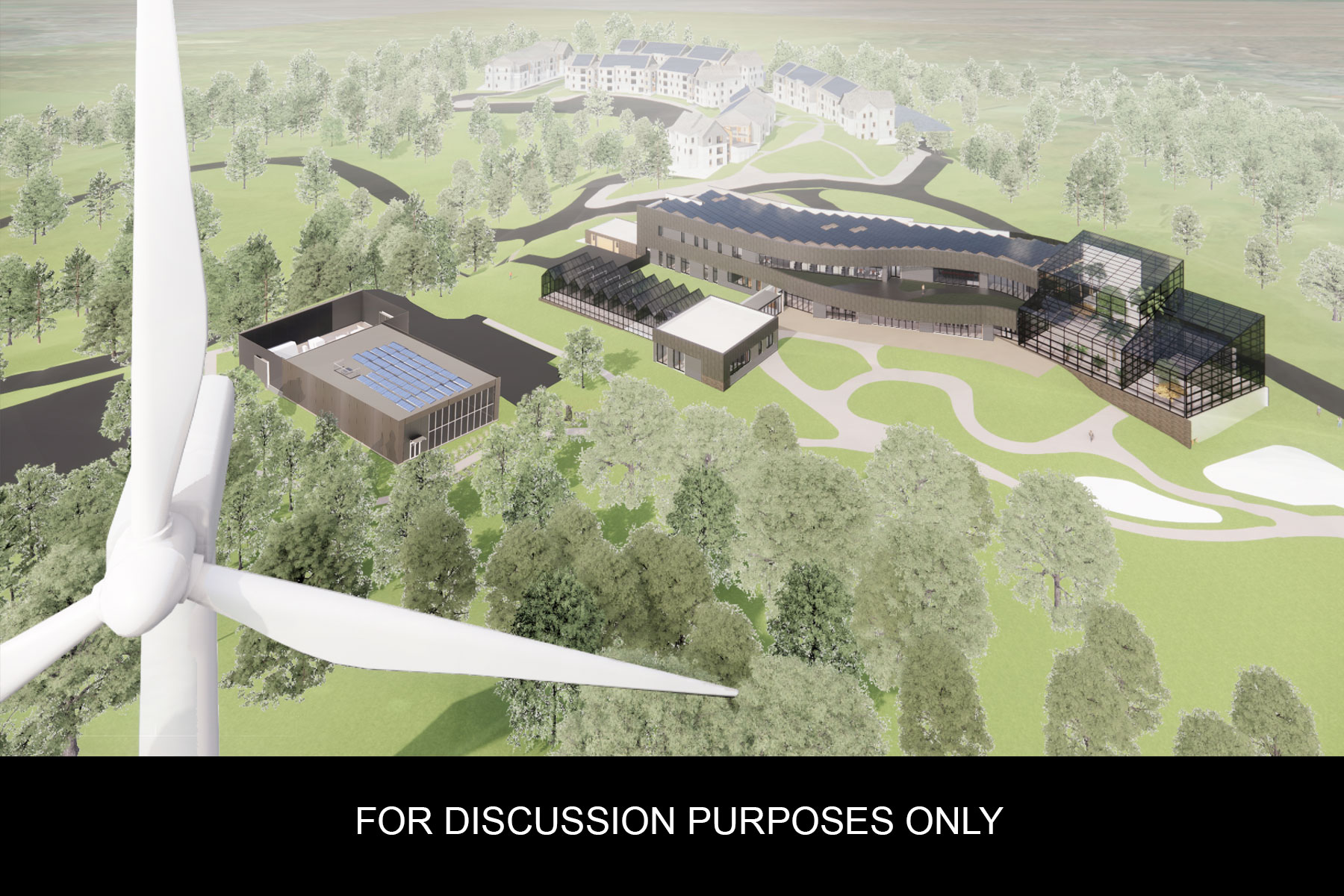
This conceptual rendering depicts what the Phase 1 components of App State’s Innovation District might look like, once completed. The control building for the district’s zero-carbon energy system is displayed at left. Solar, wind and geothermal renewable energy technologies will power the district’s energy system. Graphic courtesy of Lord Aeck Sargent
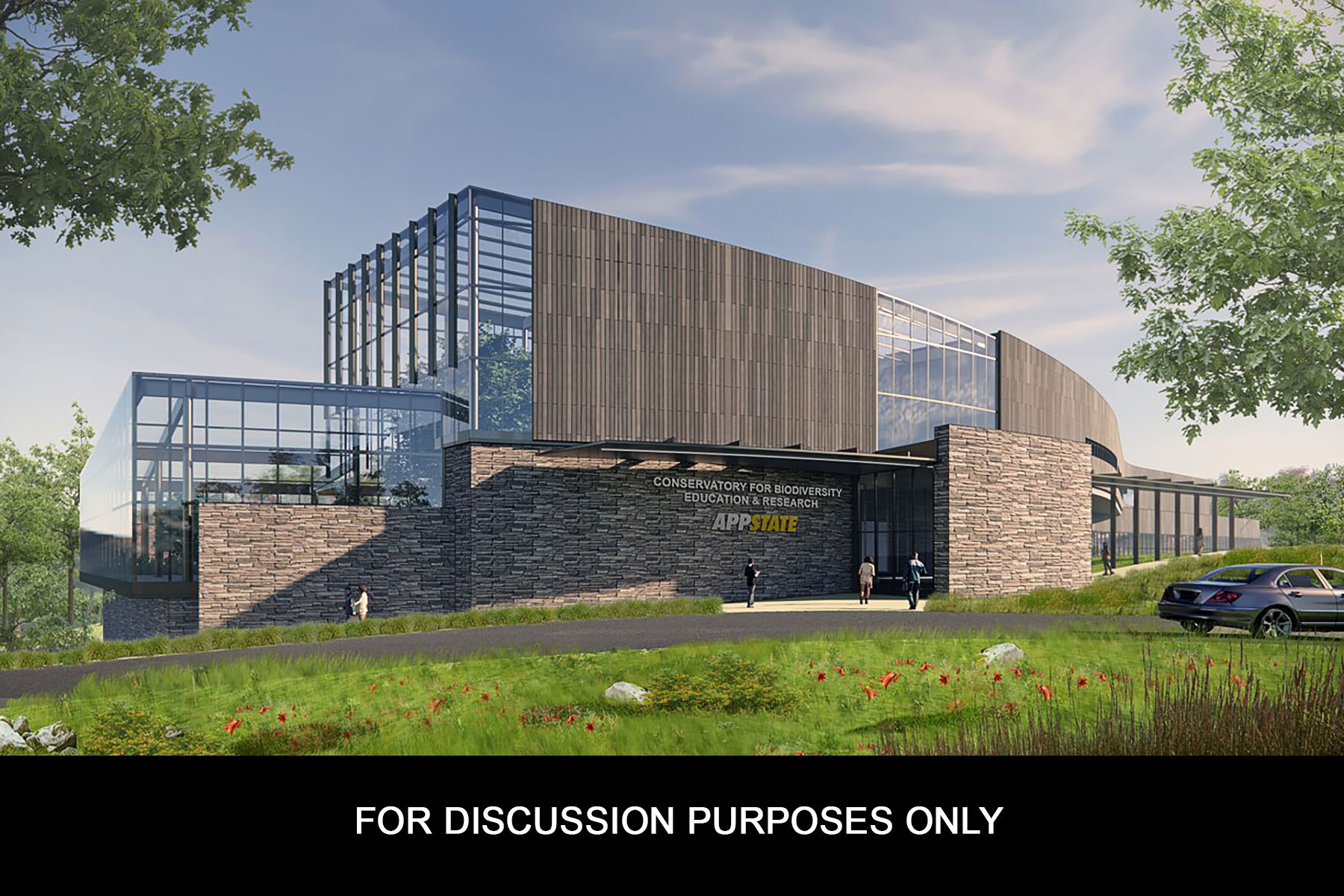
This artist’s rendering presents a view of the Conservatory for Biodiversity Education and Research from one of the gardens planned for the conservatory’s home, App State’s Innovation District. Note, designs for the conservatory are still in development. Graphic courtesy of Lord Aeck Sargent
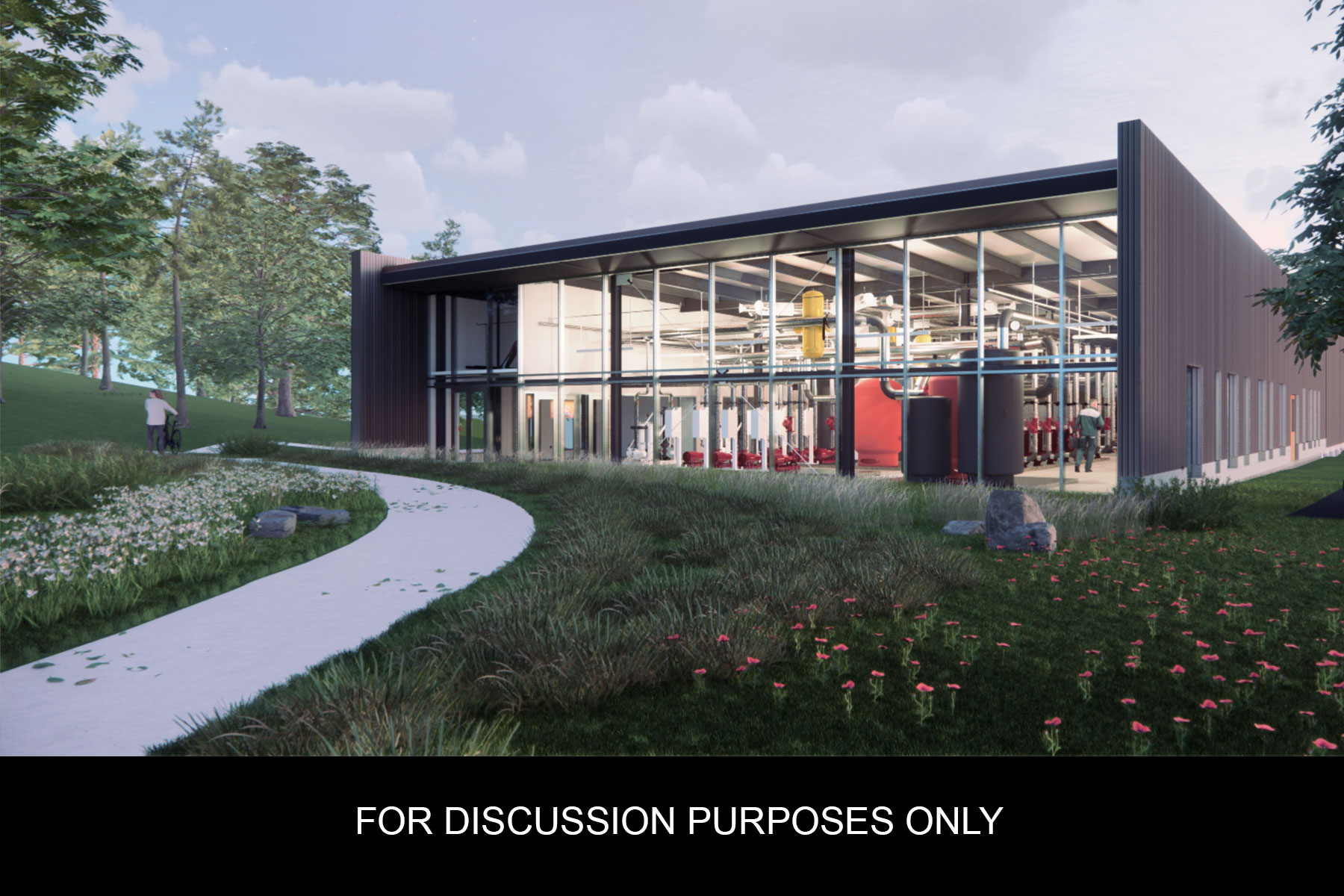
An artist’s rendering of the control building for the App State Innovation District’s zero-carbon energy system. The building’s glass facade will allow Innovation District visitors to view the system’s geothermal heat pump chillers. The building will also feature an immersion room, with displays that highlight the system’s wind and solar energy production. Graphic courtesy of Lord Aeck Sargent
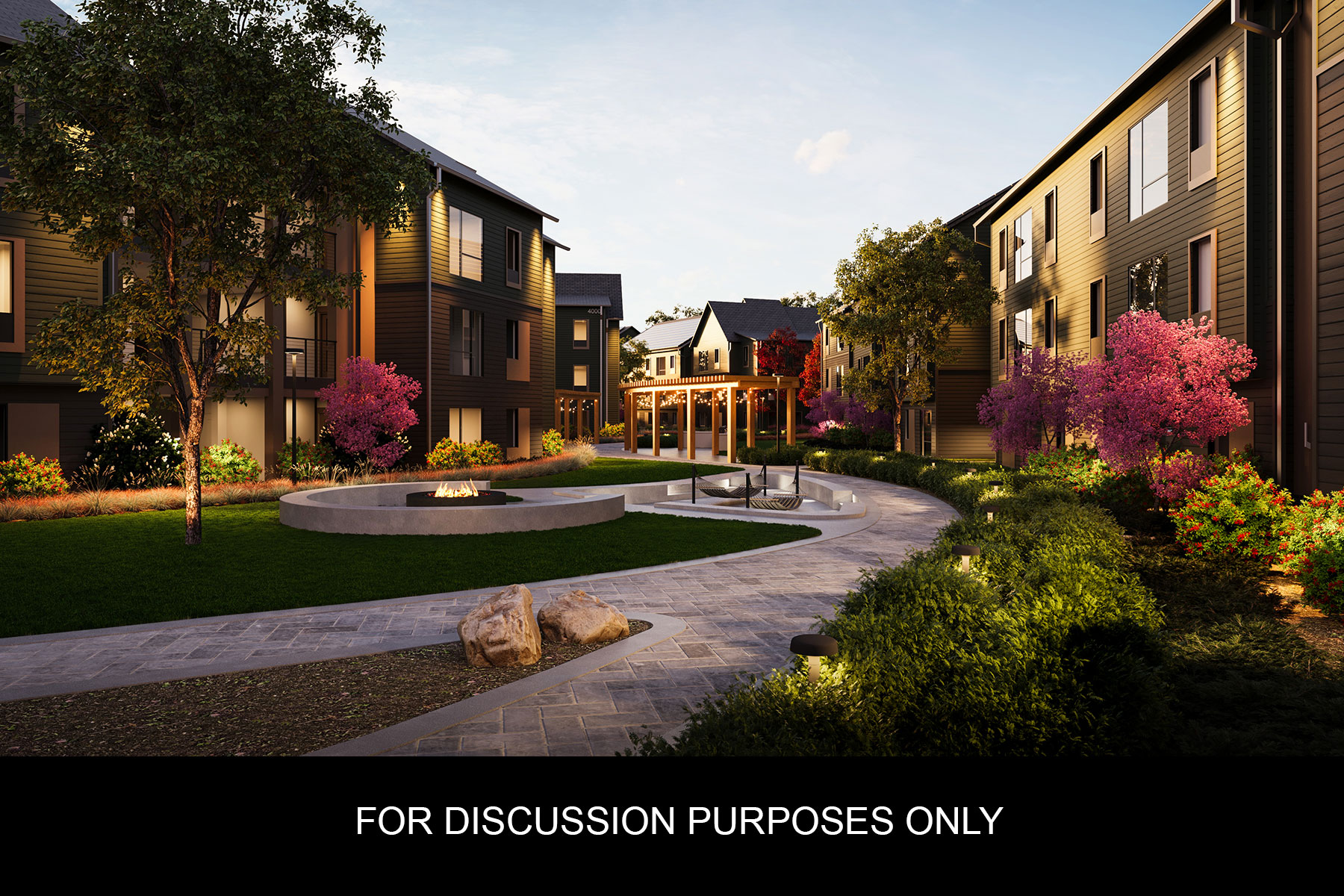
A conceptual rendering of an outdoor courtyard located between the multistory buildings that are under construction as faculty and staff housing at App State’s Innovation District. This housing is part of the district’s first phase of development. Graphic courtesy of Radnor Property Group
Status
Construction of the Innovation District’s first phase of development is underway, with all Phase 1 components slated for completion in 2025. Phase 1 construction began in late July 2023, with the installation of erosion control fences and the removal of trees.
The installation of underground utilities at the district site (water, sewer, stormwater and fiber-optic cable systems) is nearing completion, and workers are pouring the foundations and concrete slabs for the multistory buildings that will house App State faculty/staff. Vertical construction of the first housing facility is slated to begin in early August 2024.
Additionally, construction is underway for the building that will serve as a control center for the district’s zero-carbon energy system. The building’s roof has been applied, and workers are beginning to install wall panels and interior electrical and plumbing rough-ins.
App State has entered a public-private partnership (P3) agreement with Harrison Street Real Estate LLC, which was approved by the University of North Carolina System Board of Governors in January 2023. Harrison Street is responsible for the development, construction and operation of the district’s zero-carbon energy system.
In July 2022, the board approved the pre-development letter of intent for the district’s first phase, as well as App State’s pursuit of P3 agreements for both the energy system and the faculty and staff housing.
App State ceremoniously broke ground on the first phase of development for the Innovation District — beginning with the Conservatory for Biodiversity Education and Research — on March 25, 2022.
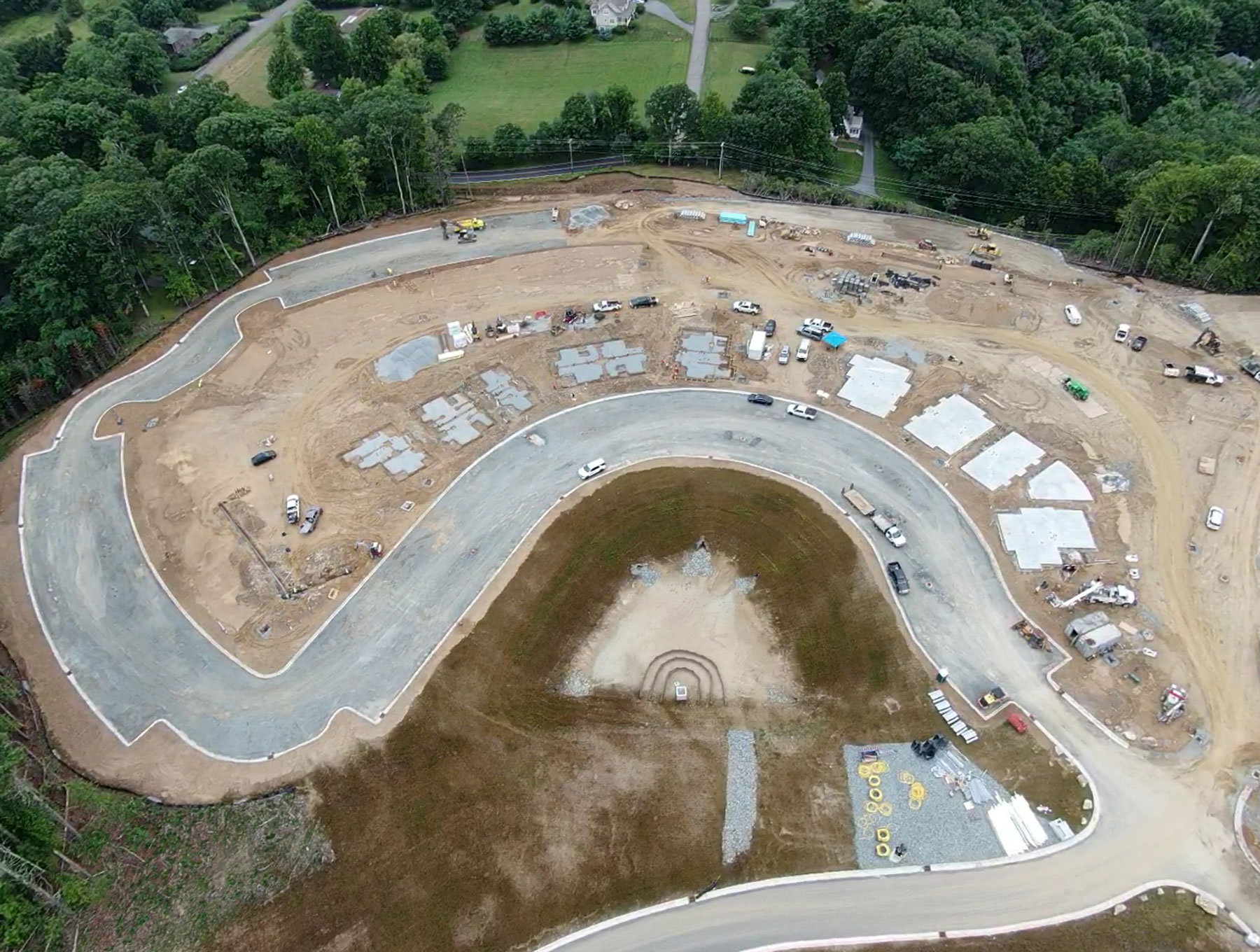

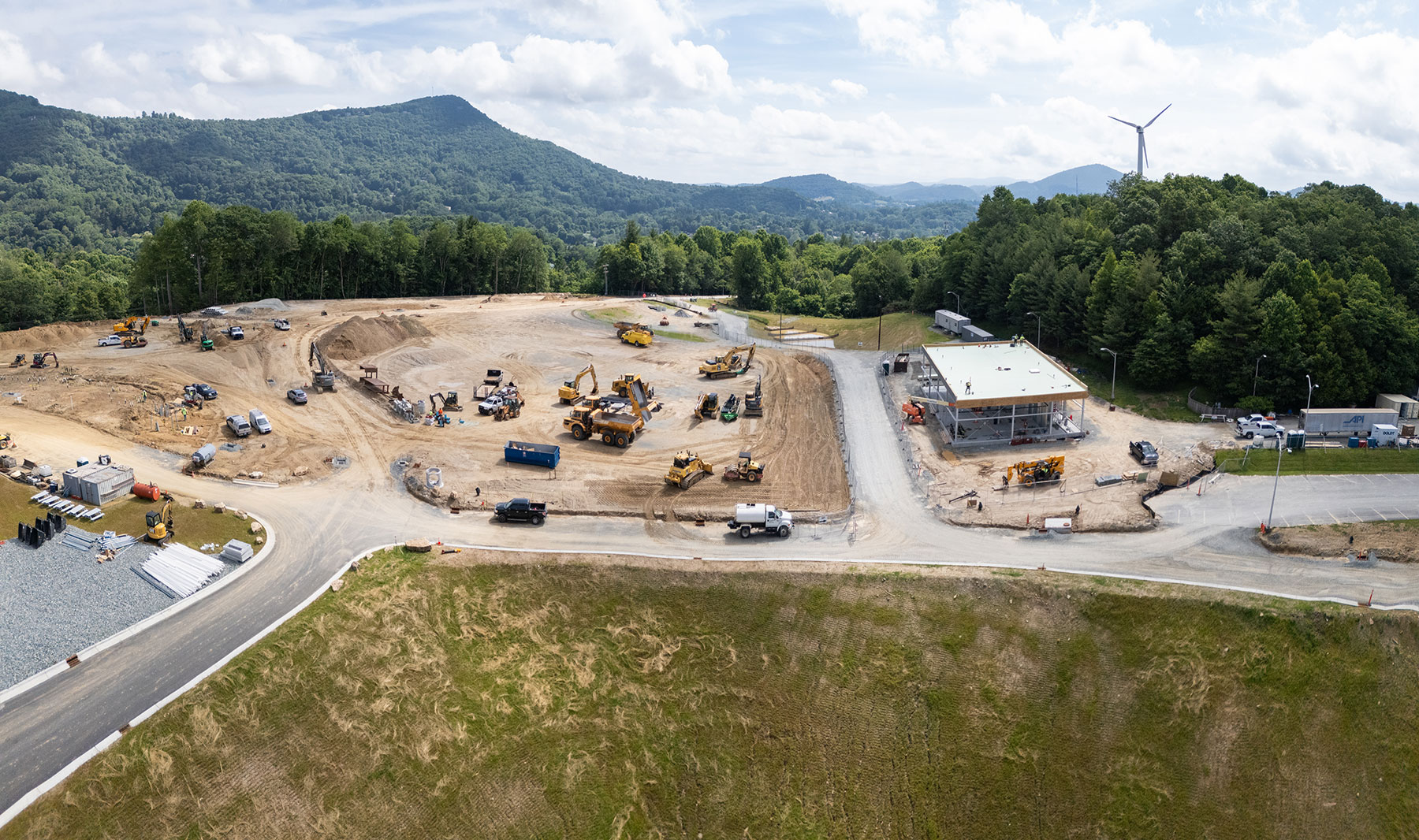
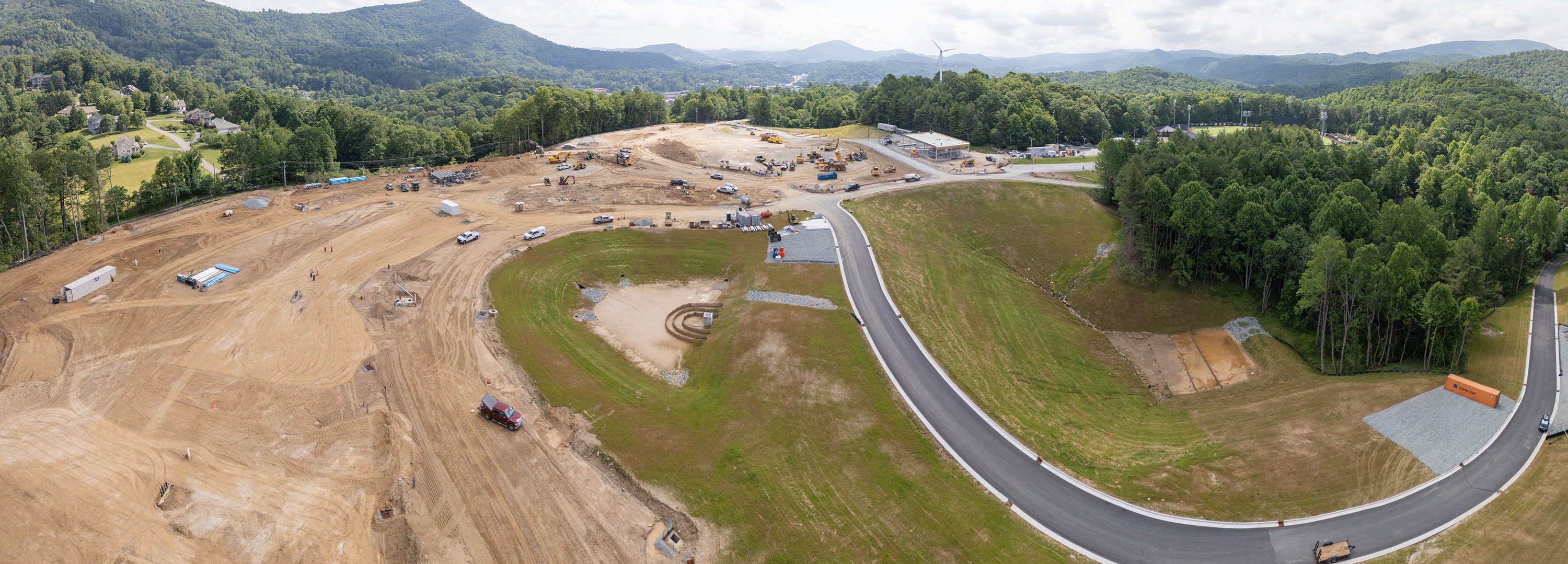
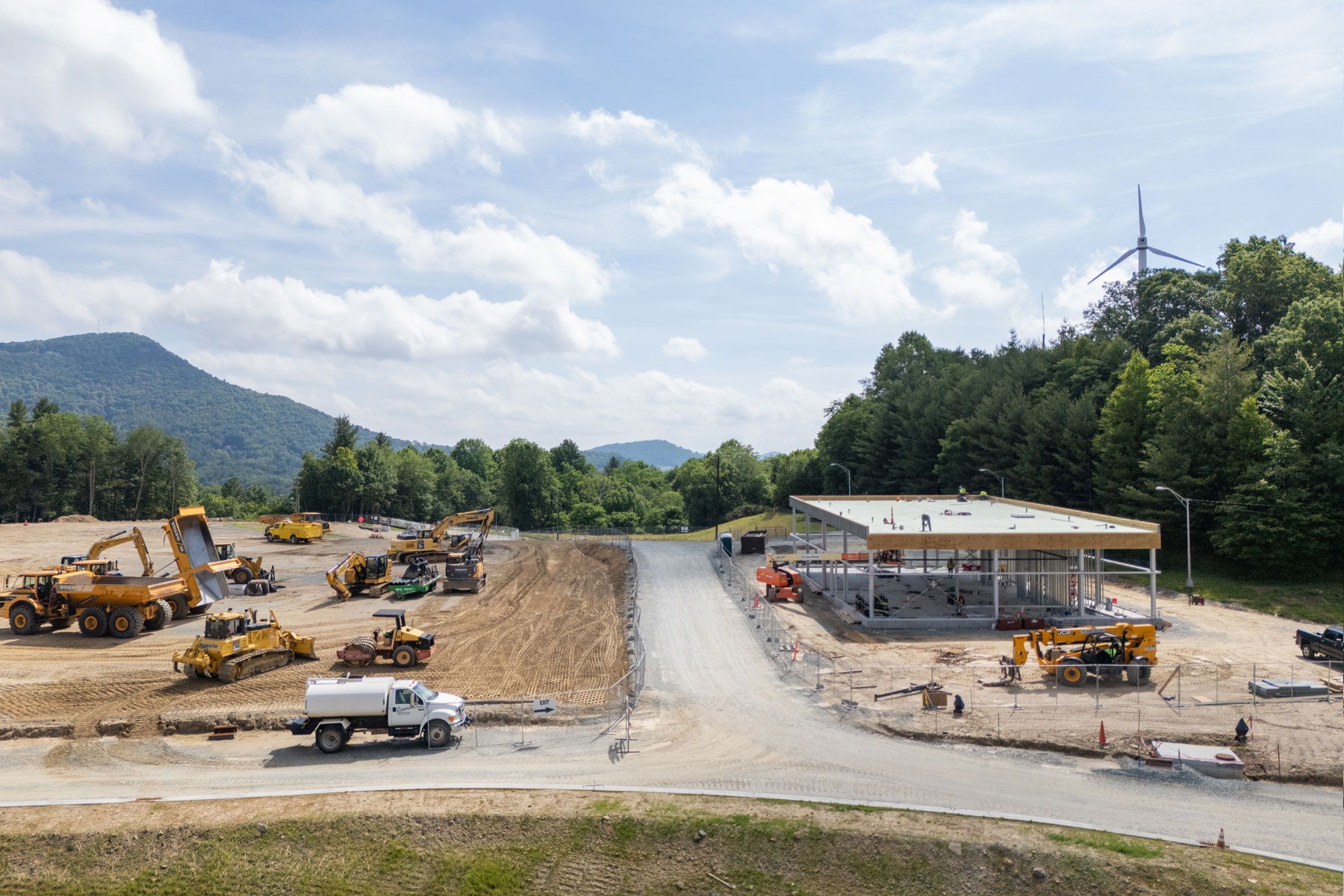
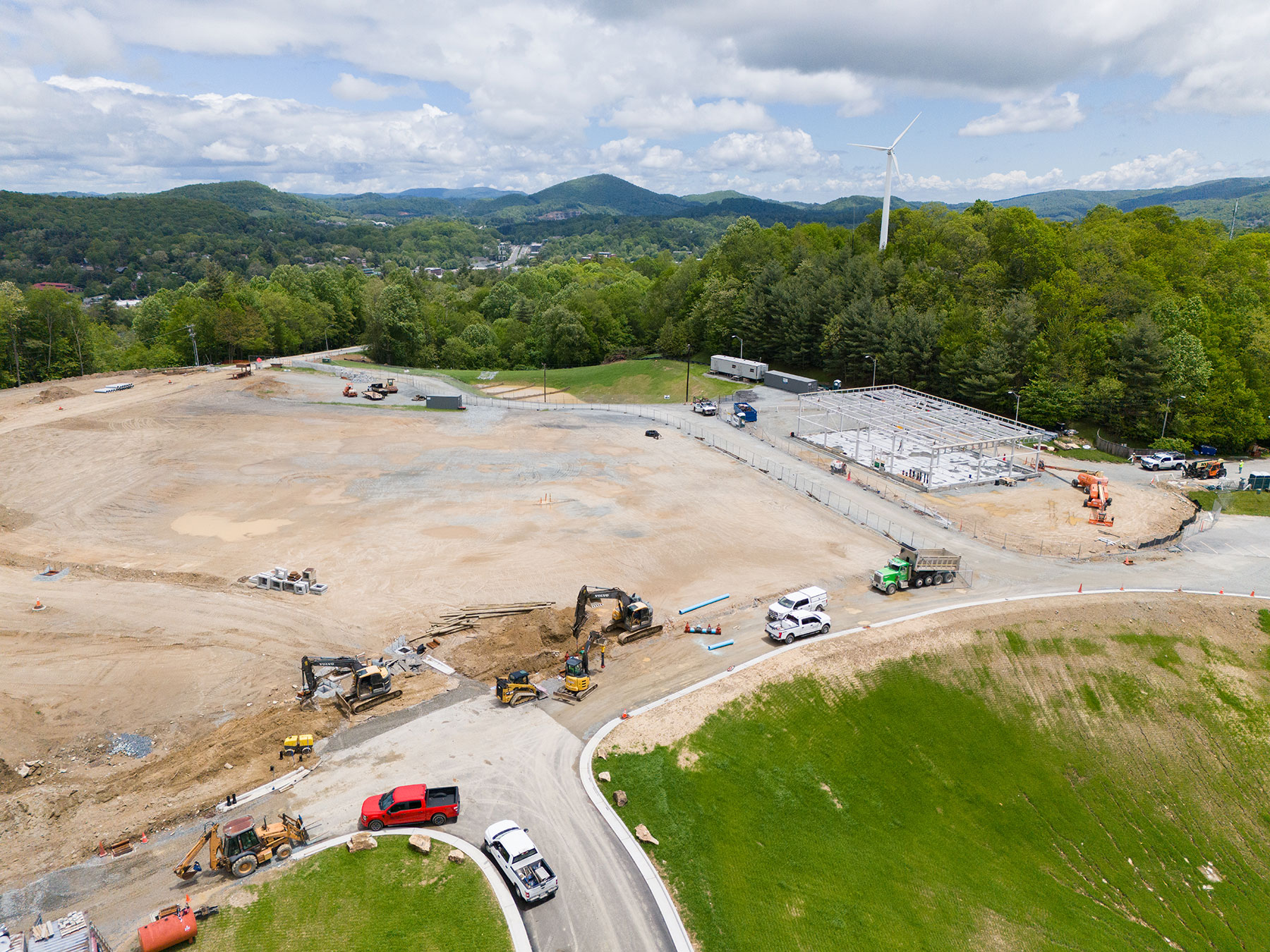

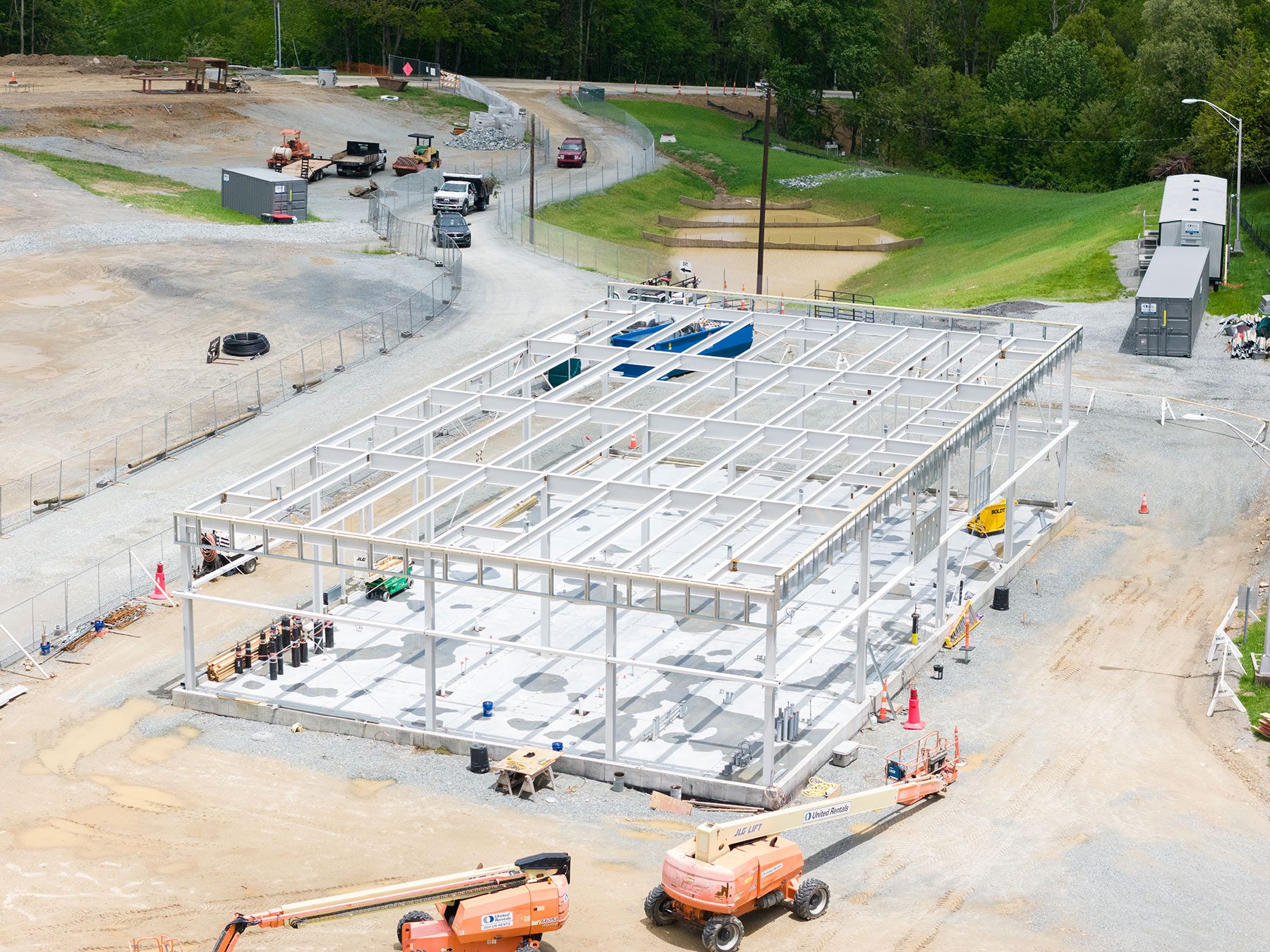
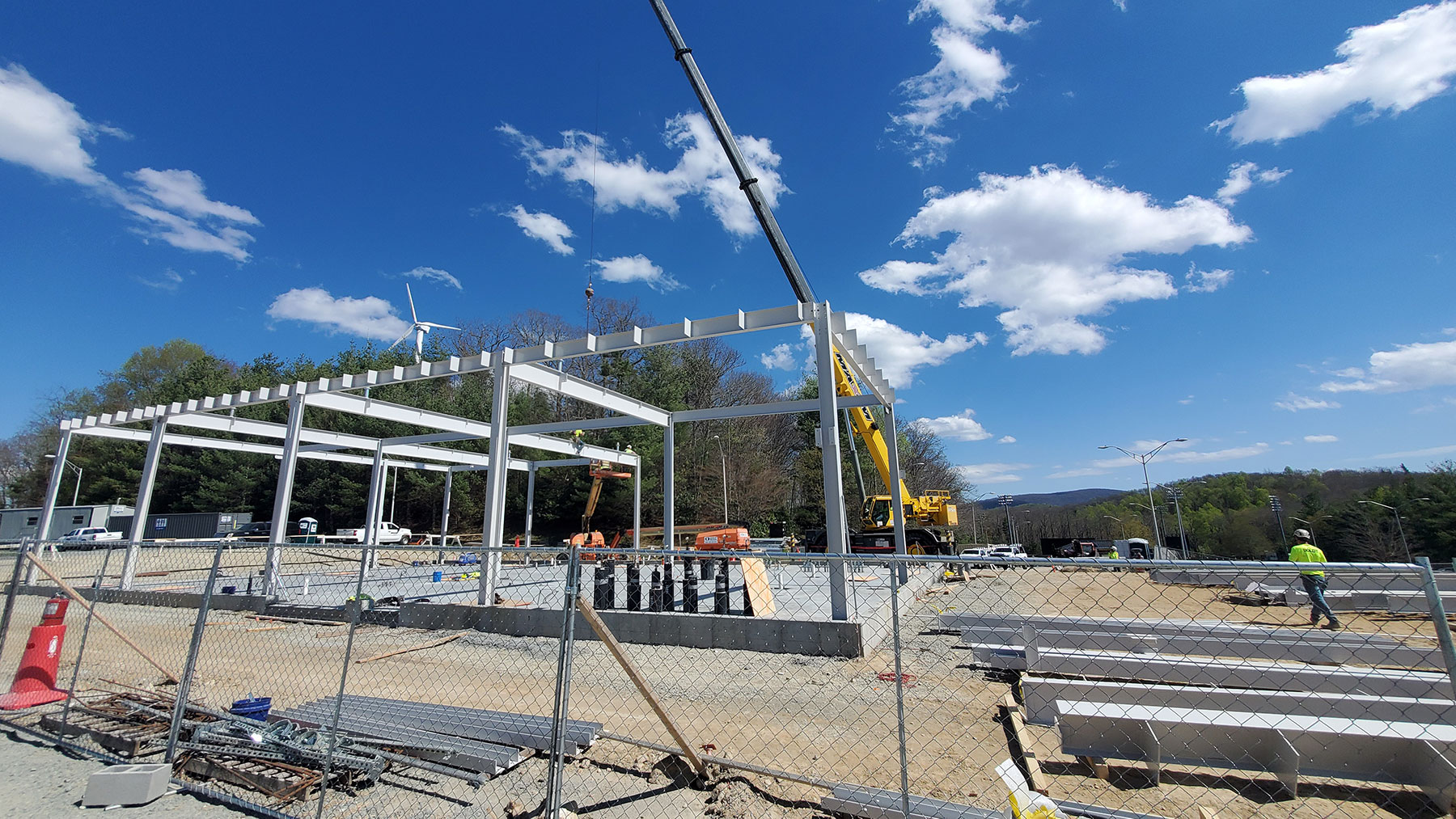
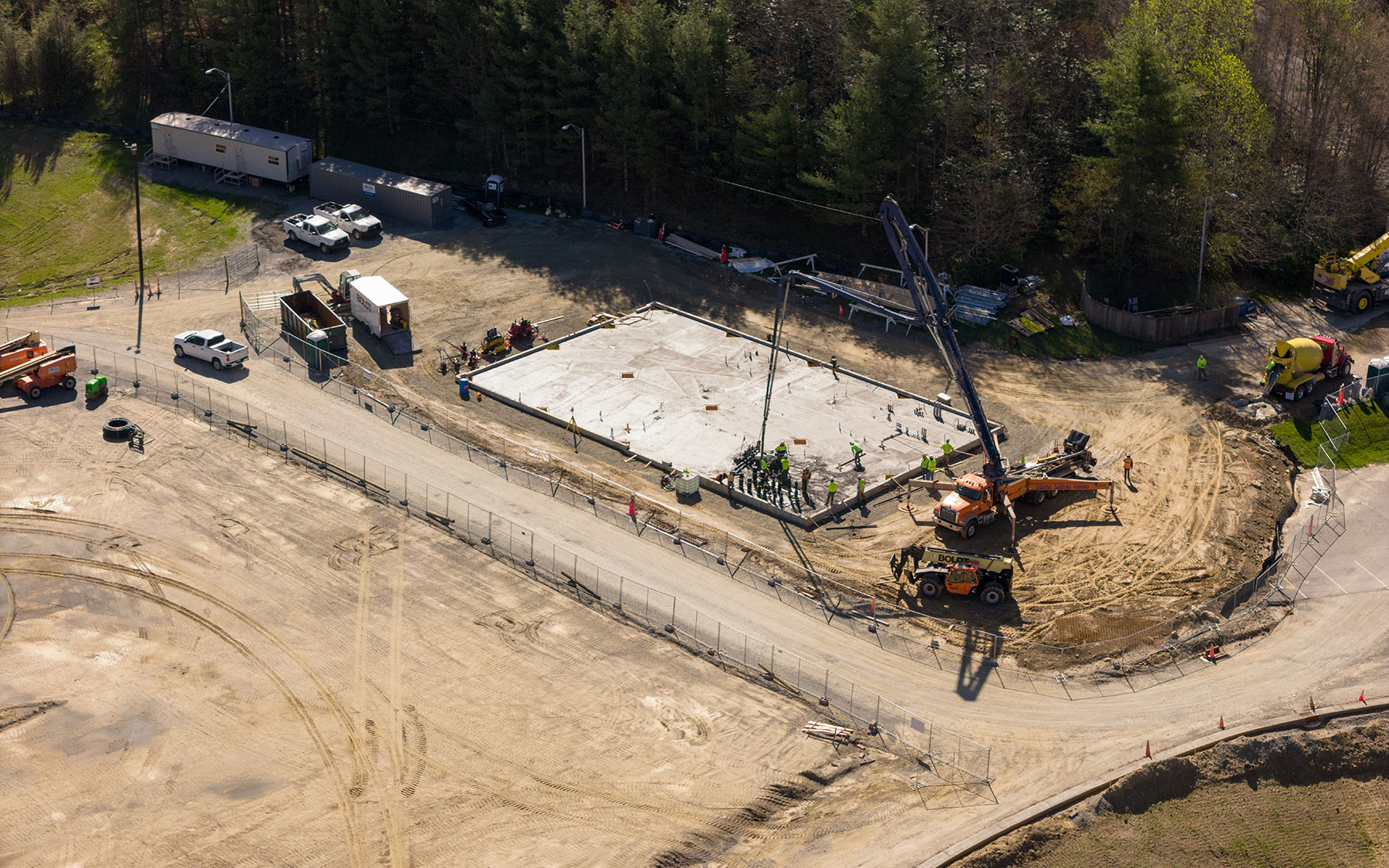


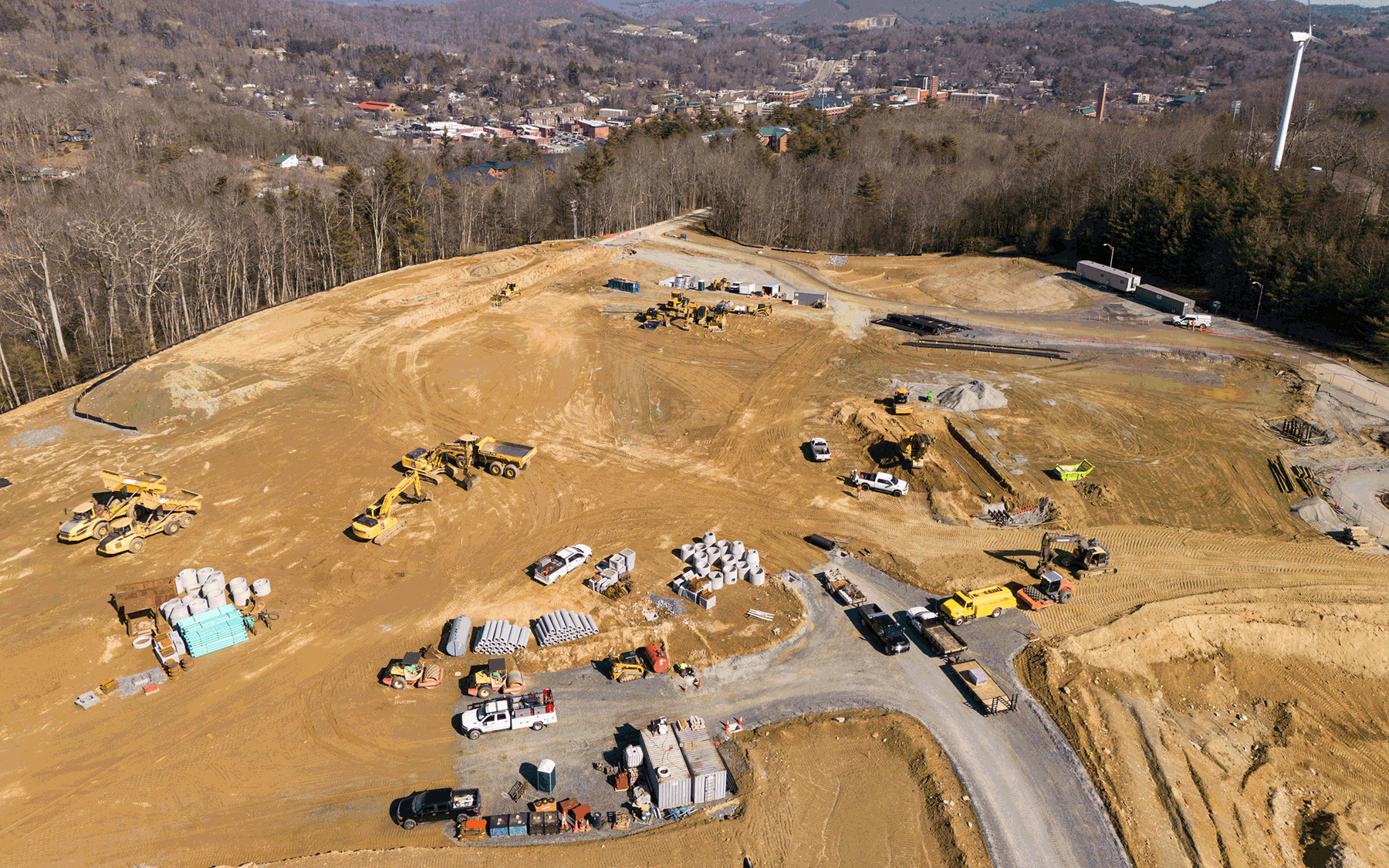
How is it funded?
The district’s zero-carbon energy system will be supported through a public-private partnership (P3) that does not rely upon state funds, or any capital from the university.
Who will benefit?
All those who visit and take part in App State’s Innovation District — from faculty, staff and students to partner organizations in the local and regional communities — will benefit from the zero-carbon energy system component of the project, as the system will power all district facilities.
Additionally, faculty, staff and students will have opportunities to engage in research focused on the renewable technologies of the district’s energy system.
How does it support App State strategic priorities?
The district’s zero-carbon energy system supports the following strategic priorities of the university:
- Providing Exceptional Educational Experiences — specifically by leveraging technology to support teaching and learning.
- Advancing Research, Innovation and Creativity — through advancing knowledge and promoting discovery and the application of findings that benefit the region, state, nation and world.
- Strengthening Resilience and Sustainability — the system’s renewable technologies will serve to strengthen the university’s culture of sustainability and the resilience of its campus community.
- Advancing Local, Regional and Global Engagement — the Innovation District is expected to have a lasting and powerful impact on the entire region, broadening economic development opportunities across Northwestern North Carolina.
How does it support UNC System Goals and Metrics?
Through the Innovation District project, powered by the zero-carbon energy system, App State can produce more graduates in critical workforce areas for North Carolina — identified in the UNC System’s strategic plan as STEM, health sciences, K-12 education and emerging workforce areas — who are capable of addressing the needs of the world.
By powering the Innovation District, the zero-carbon energy system aligns with these System goals:
- Student Success — through research engagement with the system, App State students will develop competencies such as critical and creative thinking, technology proficiency, resilience and collaboration, among others.
- Economic Impact and Community Engagement — the Innovation District is expected to have a lasting and powerful impact on the entire region, broadening economic development opportunities across Northwestern North Carolina.
Major current projects:
Major completed projects:
- Dining Facilities Renovations — Central Dining Hall and Trivette Hall
- University Bookstore Renovation
- Residence Halls
- Child Development Center Expansion
- Kidd Brewer Stadium — North End Zone
- Career Development Center relocation
- Sanford Hall Renovation
- Blue Ridge Way
- NPHC Plots and Garden
- Leon Levine Hall of Health Sciences
- Founders Plaza
An aerial view of areas receiving millennial campus designation at Appalachian State University. Video by Marie Freeman

